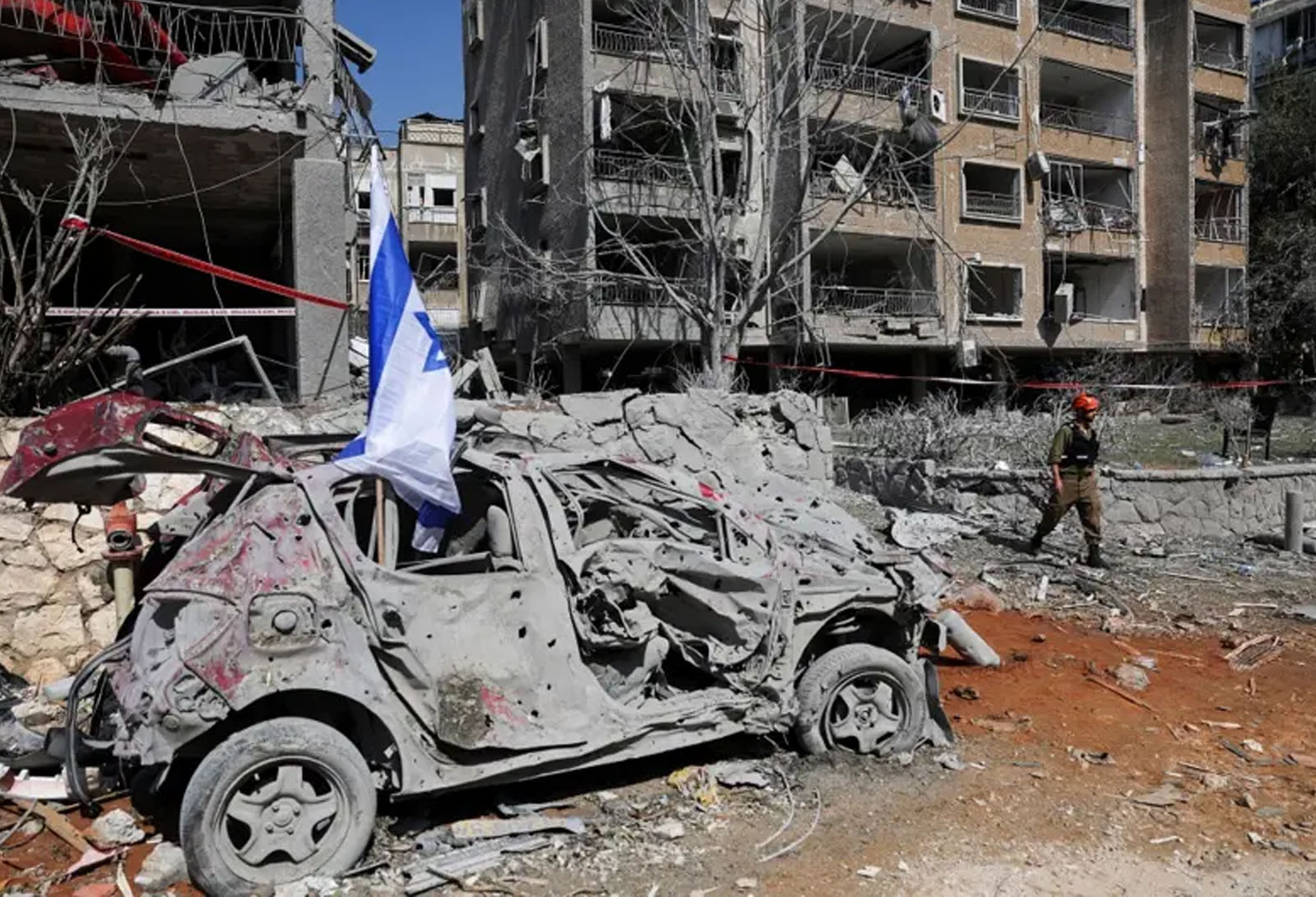Fresh Israeli strikes hit Iran on Saturday, intensifying a dangerous cycle of retaliation between the two adversaries. The attacks came after Tehran launched a massive overnight missile barrage targeting Israel in response to earlier strikes that killed top Iranian generals and damaged nuclear facilities. Iran’s UN envoy reported nearly 80 dead and over 300 wounded in the initial Israeli assault, which struck both military and civilian areas.
Iran’s state media announced a new wave of attacks under “Operation True Promise 3,” with a senior military official vowing to continue strikes “as long as necessary.” Israeli air raid sirens blared as explosions rocked cities near Tel Aviv, with emergency teams searching through rubble for survivors. At least two Israelis were killed, and dozens injured, as residential areas suffered heavy damage. Israel’s military confirmed intercepting many missiles but warned that Iran still possesses thousands more.
Brigadier General Ahmad Vahidi, a top IRGC advisor, claimed Iran successfully struck three Israeli airbases—Nevatim, Ovda, and Tel Nof—allegedly used in previous attacks on Iran. Israel’s ambassador to the U.S., Yechiel Leiter, acknowledged the missile salvos but warned that the campaign against Iran’s nuclear infrastructure was far from over. “Ask me in four or five days,” he said, hinting at further Israeli operations.
The UN has raised alarms over the rapid escalation, with fears that the conflict could draw in regional powers. While Israel insists it is targeting Iran’s regime—not its people—Tehran has framed the strikes as necessary self-defense. With neither side showing signs of backing down, the world watches nervously as the Middle East edges closer to a full-scale war. Diplomatic efforts are underway, but the window for de-escalation is shrinking fast.














